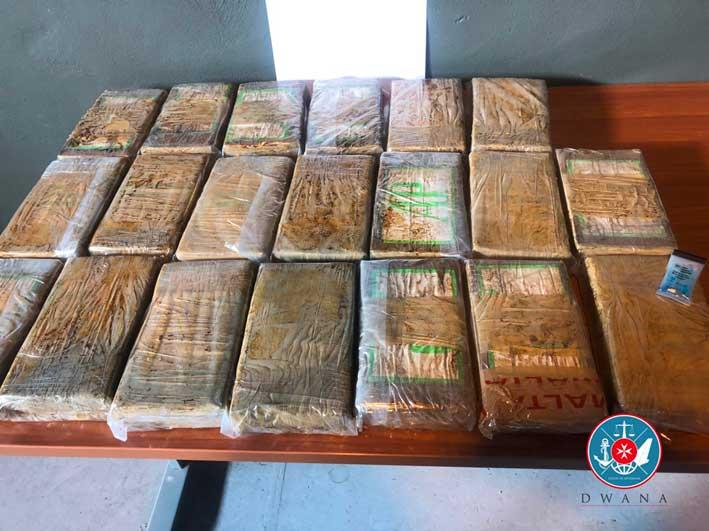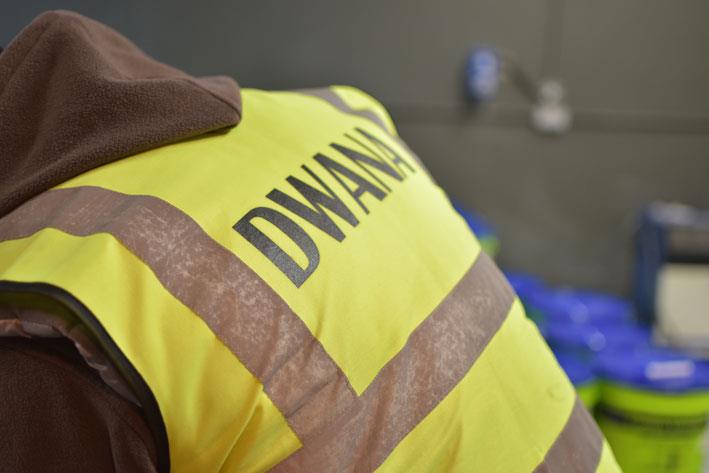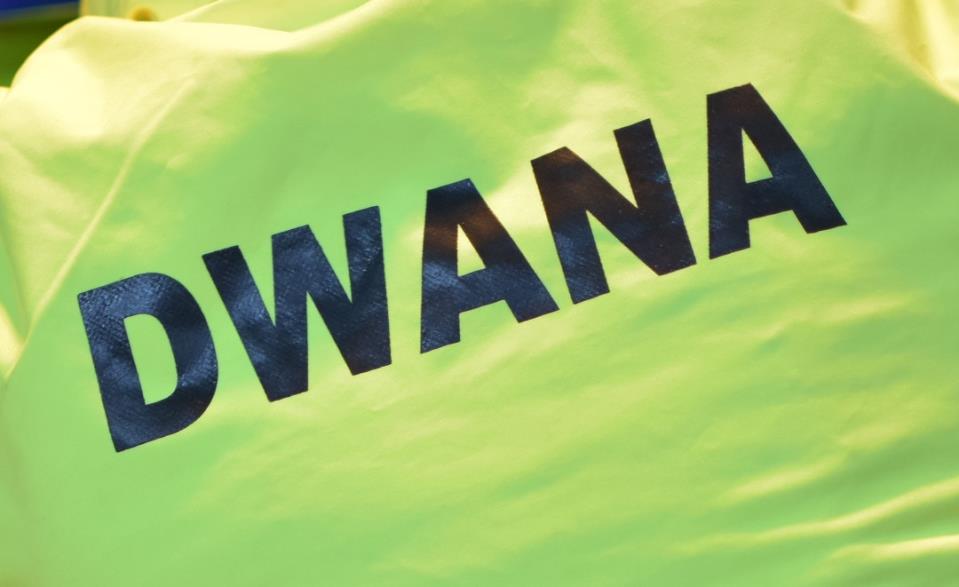In 2018, the Malta Customs Department caught nearly 17 tonnes of drugs, however, according to Customs Director General, Joseph Chetcuti, we can never win the war on drugs.
Behind the drug trafficking are organised crime groups which are very large and well equipped, Chetcuti said, when speaking to The Malta Independent on Sunday. He explained that if 95 percent of the drugs are caught, and only 5 percent is let through, the groups would still make a profit.
The drug is very cheap in the origin countries so there are large profits to be made. “The more you catch, the more they will send.”
“We did not win in the past, we are not winning today and we will defiantly not win tomorrow,” Chetcuti said, adding that this is why it is important to scan as many containers as possible.
“Sometimes they are two or three steps ahead of us and sometimes we are ahead of them. At the moment we are ahead of them, and we hope it will be a long phase, but there will be moments when we will not be as effective.”
In Malta, last year, out of the 17,000 kilograms of drugs, 16,000 kilograms was cannabis resin, with the rest being cocaine. This year there were no major cannabis drug hauls but 750 kilograms of cocaine were seized.

In comparison to other ports in the Mediterranean, Malta is the most successful in proportionate terms. Malta, although transiting about 32 million containers per year, is very small compared to other ports.
When asked why most drugs are found in containers containing fruit, Chetcuti explained that fruit needs to be refrigerated. The drugs are found in the insulated panels of the refrigerated containers and this is why fruits are used, not to disguise the smell of the drugs.
It is mostly fruit that is used because fruit does not need a steady temperature. When the drugs are hidden in the insulated panels the efficiency of the refrigeration equipment decreases, thereby increasing the temperature. If, for example, meat is used, the smell of rotting meat would cause suspicion.

Chetcuti explained that in just a span of a few weeks no find is the same. The people sending the drugs change their modus operandi constantly to avoid being detected and to make it more difficult for the customs officers to detect the drugs.
The routes by which the drugs are sent also change. “They will realise that in Malta a lot of drugs are being caught, so they transit the drugs through other ports.”
When asked if more drugs are being passed through Malta now, hence the large number of drug hauls, or if before they used to be let through, Chetcuti explained Malta is geographically in a prominent and busy area, and it has always been like that.
“The fact is that we have always had all this traffic which means a lot of merchandise passes through our port; merchandise which is legal and just as much merchandise which is illegal. This has always been the case.”
Today Customs are seeing more success due to perseverance not just from the local customs, but even from those abroad.

“In the past, there were operations that we were convinced we would find something and we didn't. Maybe not because there wasn’t anything but maybe because we weren't suitably equipped, or trained enough, or the collaboration we have today between the customs offices was not as strong.”
Chetcuti explained that it is impossible to scan all the containers in any port. “On a busy weekend in Malta, there are 50,000 movements, inbound and outbound. We work by risk management.”
There are a number of ingredients that lead to the choice of which containers to scan. These include the consignee and consignor, the port of discharge, the receiving port and the transit port, as well as the commodities and any discrepancies in the weight of the containers.
“We have intelligence that has been built over the years, not just ours but even other customs abroad.” If containers have already been scanned in other ports, they are not scanned again, and it is better if containers which have not been scanned already are scanned.
“This type of collaboration is one of the principal reasons why we are having so much success. It has increased immensely over the past few years.”

Sometimes it is decided that the container with drugs is allowed to continue to its final destination, especially when it is thought the consignee is involved.
An example of this is a drug trafficking ring that was broken up in Croatia and 100 kilograms of cocaine seized during an operation which involved the Malta Customs authorities after a container supposedly carrying scrap metal appeared to include contents of a suspicious nature when scanned in Malta.
After consultation with European Customs authorities, it was decided that the container be allowed to continue on its way to Croatia, with the intention of apprehending the persons who were to receive it.
Most of the time, however, the consignee and consignor are not involved.
The customs officers have real-time communication networks with other officers in other ports, from all over the world. Not all countries cooperate but there are other law enforcement agencies that help, like the American Drug Enforcement Agency (DEA), OLAF, Europol and member states in the customs union.

“The cooperation includes sharing of information on all the different modus operandi that we find, concealment methods of the traffickers and where the drugs are found. We also exchange videos and photos to increase our chances of finding the drugs.”
Chetcuti says that whilst it is difficult to attribute the success to one single factor, the employees at the Maltese customs are a crucial element.
“If it was just the equipment then we would just invest in equipment, but equipment alone does not catch drugs. There is a human element. If the person who is scanning the images turns the other way, even because of lack of attention, let alone if they want to turn their face purposely, then the drugs will not be caught.”
He says that employees’ integrity is essential. “When you give people the equipment, better resources and training, and most importantly trust and the space to work, we get good results.”
Whilst it is important to seize drugs intended for other countries, as is generally the case with drug hauls from containers, it is also important to seize drugs intended for Malta.

Chetcuti explains that the department intends to replicate the investment made at the Freeport in the Grand Harbour. Here cargo ships from the intra-community and passenger ships enter. The investment is intended to cost over €5 million.
“At the moment we have a mobile scanner to scan the vehicles, canines and physical checks. This is laborious, not accurate and it annoys people. We want non-intrusive equipment that is fast, does not stop workflow but gives us results.”
A tender was just issued for a new x-ray luggage van for the airport. Customs is also exploring investment for body scanners but “we need to change our legal framework and we need more qualified human resources.”
At the moment, when a suspicious person who would have swallowed drugs is encountered they are taken straight to Mater Dei Hospital and x-rayed there. As the law current stands a passenger cannot be screened without his or her consent.
When asked where the drugs on the local market are coming from Chetcuti said that Customs is only present at the point of entry, at the seaport and at the Freeport. “My concern is the sea surrounding us.”
Once the drugs are caught by customs officials, the police are called. The area becomes a crime scene and the police inform the duty magistrate. A magisterial inquiry is then opened and experts to detect and weigh the drugs are appointed.
If people are taken to court, the drugs are placed under the custody of the court to be exhibited in the trial. If there are no persons involved, the magisterial inquiry is closed and under the same experts, the drugs are destroyed.

The drugs are destroyed by incineration and the event is filmed and photographed. “Rest assured there is not one gram that is not incinerated.”
Malta has recently invested heavily to improve the number of drugs that are seized. Whilst Customs already had scanners, through EU funding the technology has been modernised. The Freeport now has the best and fastest technology, with an investment of €2.5 million.
Apart from the scanners, there has also been an investment in the facilities. A scanning compound now exists separately from the rest of the Freeport. A mobile scanner is also available which scans containers as they come off the vessel.
The static scanner has the capacity to scan double the images but also scans the same amount in 50 percent of the time. This means that four times as many images of the contents can be made.
Another investment was also made in human resources, with the number of people forming part of the Customs team having tripled. The reason for this is that two scanners are now available and also a system of shifts has been set up. This means that contents can now be scanned in holidays and the weekends.
Over a period of 18 months, the staff were also trained on the new equipment, how to detect the drugs, how to identify inconsistencies in the content and how to open and vet the merchandise. “These factors have all contributed to the increased number of drug hauls.”